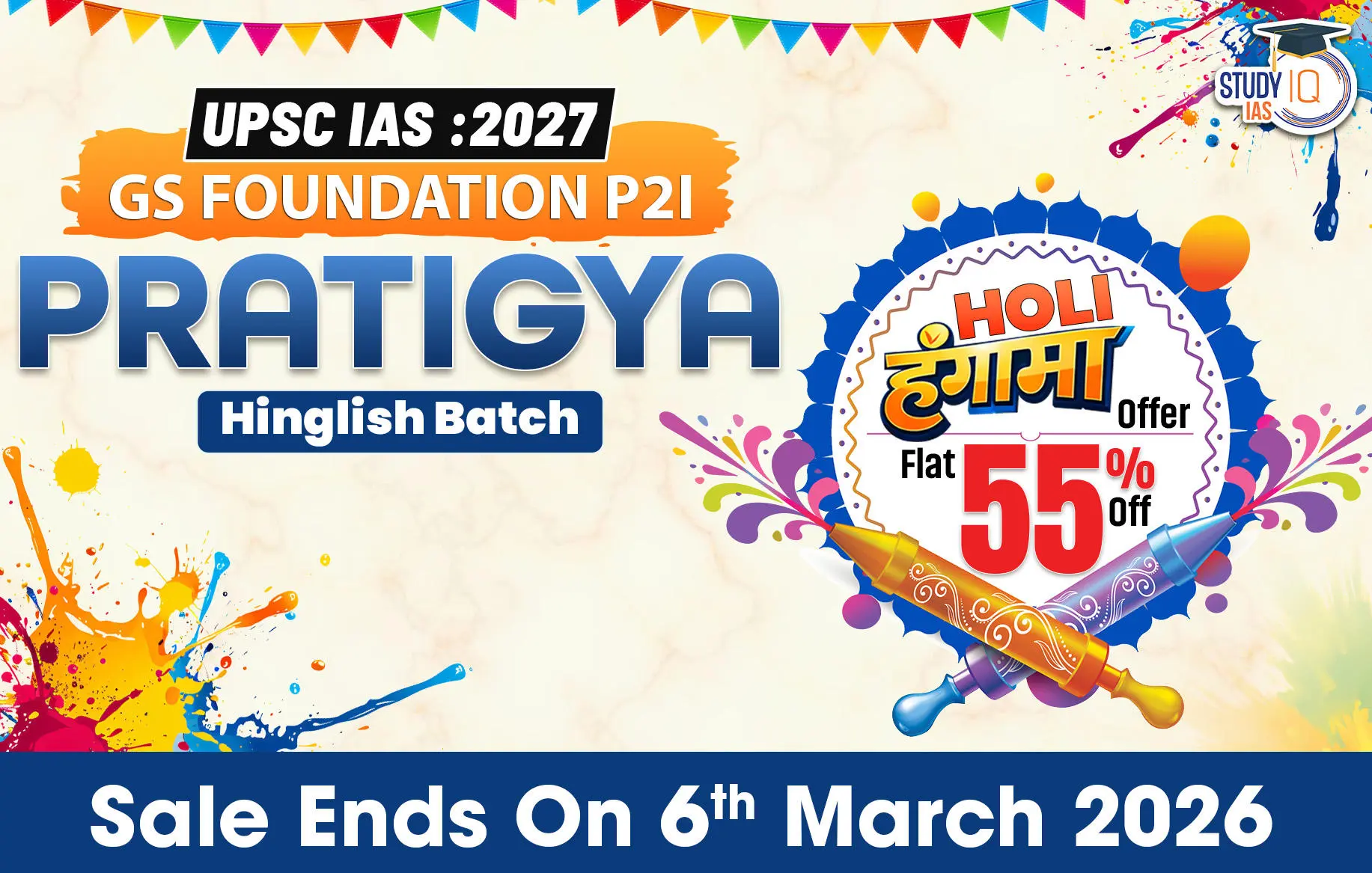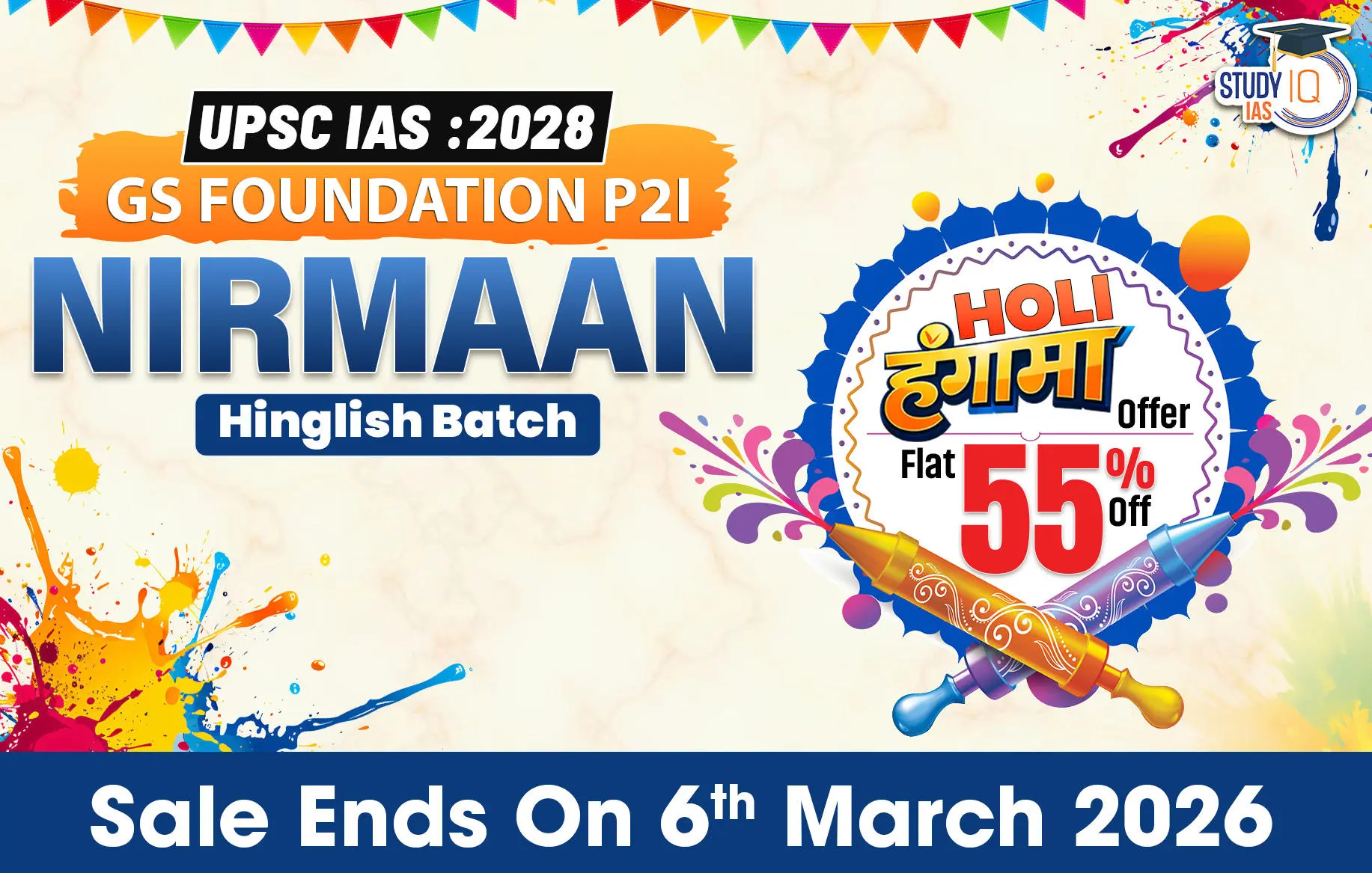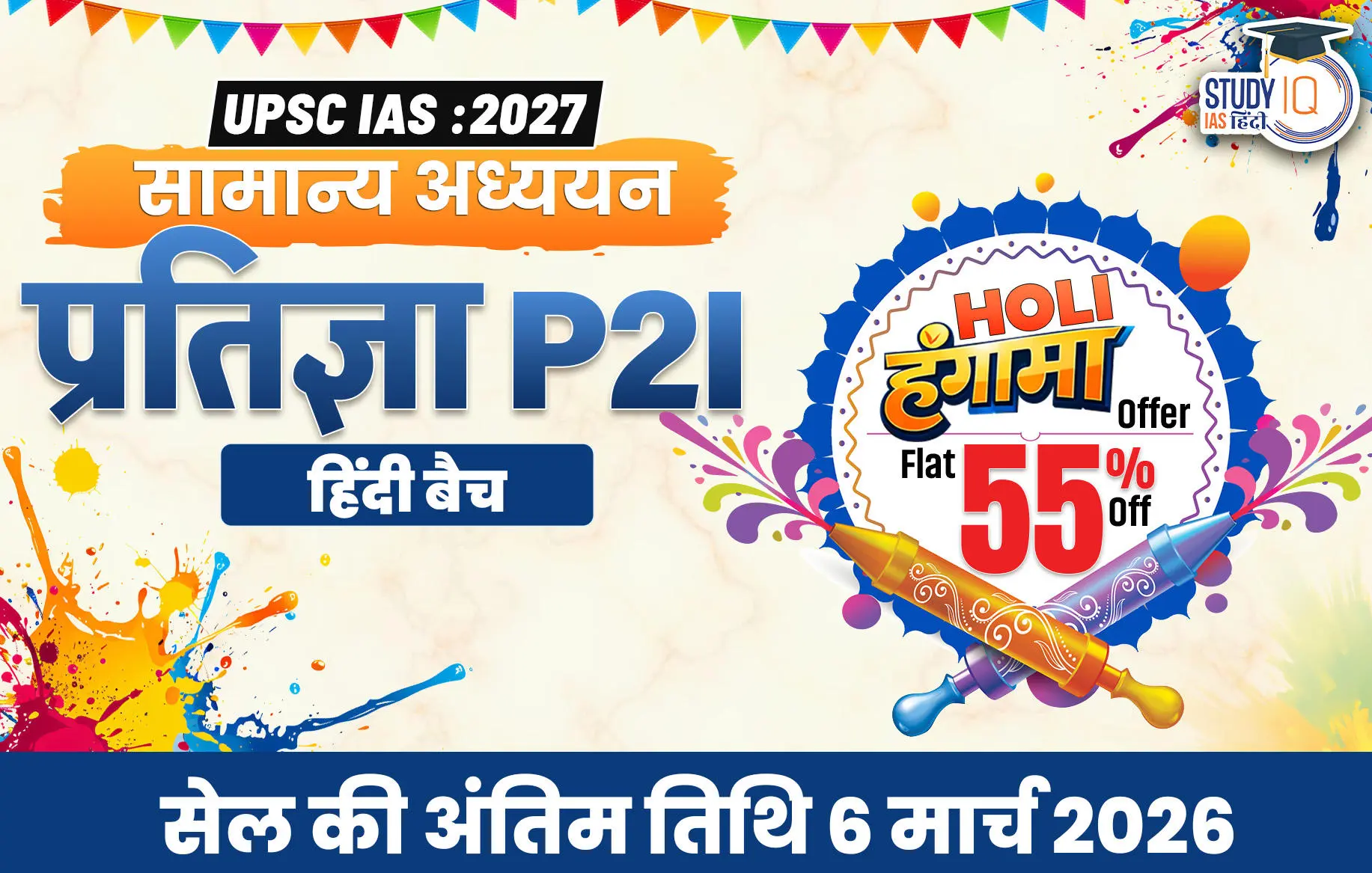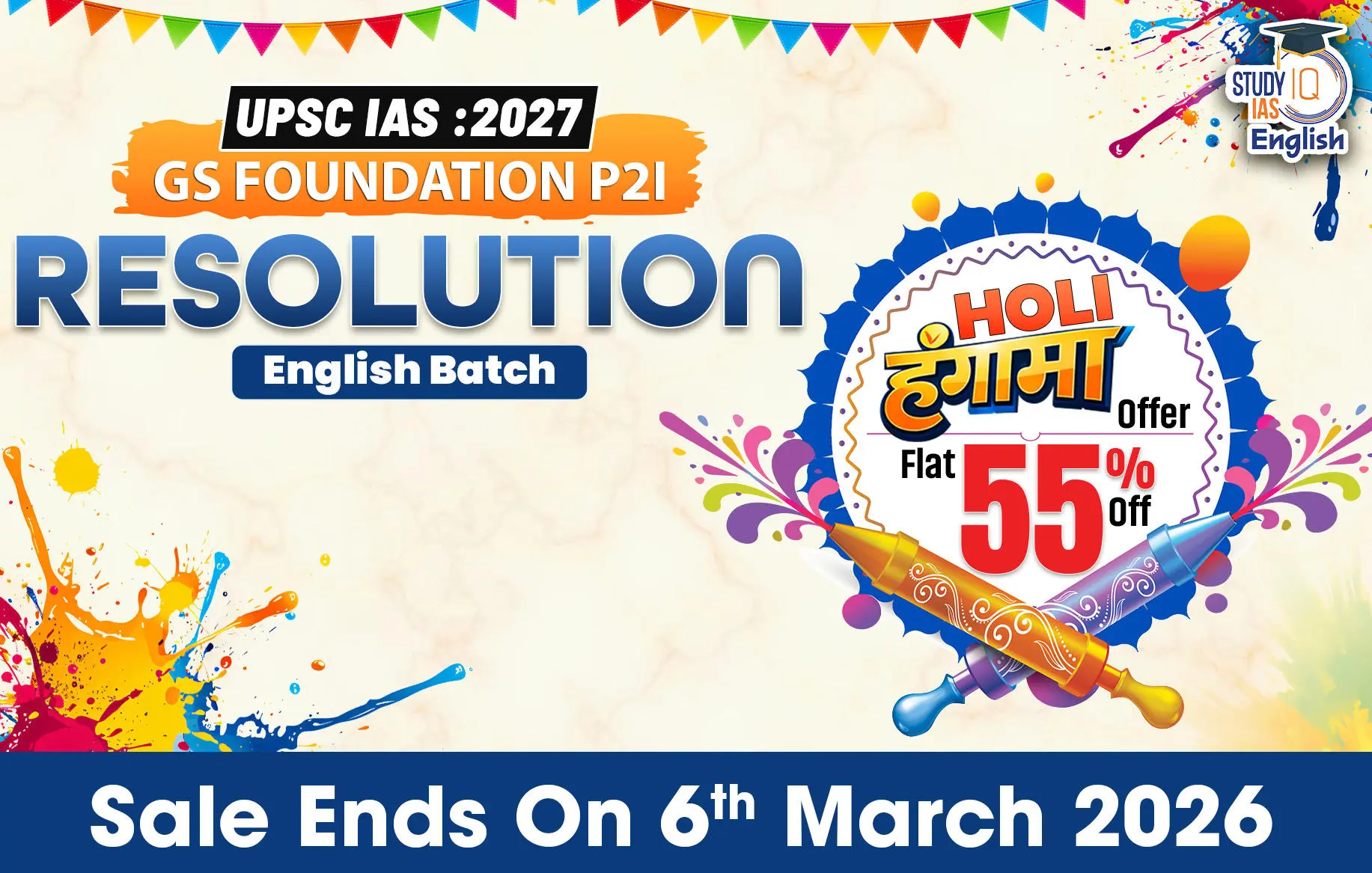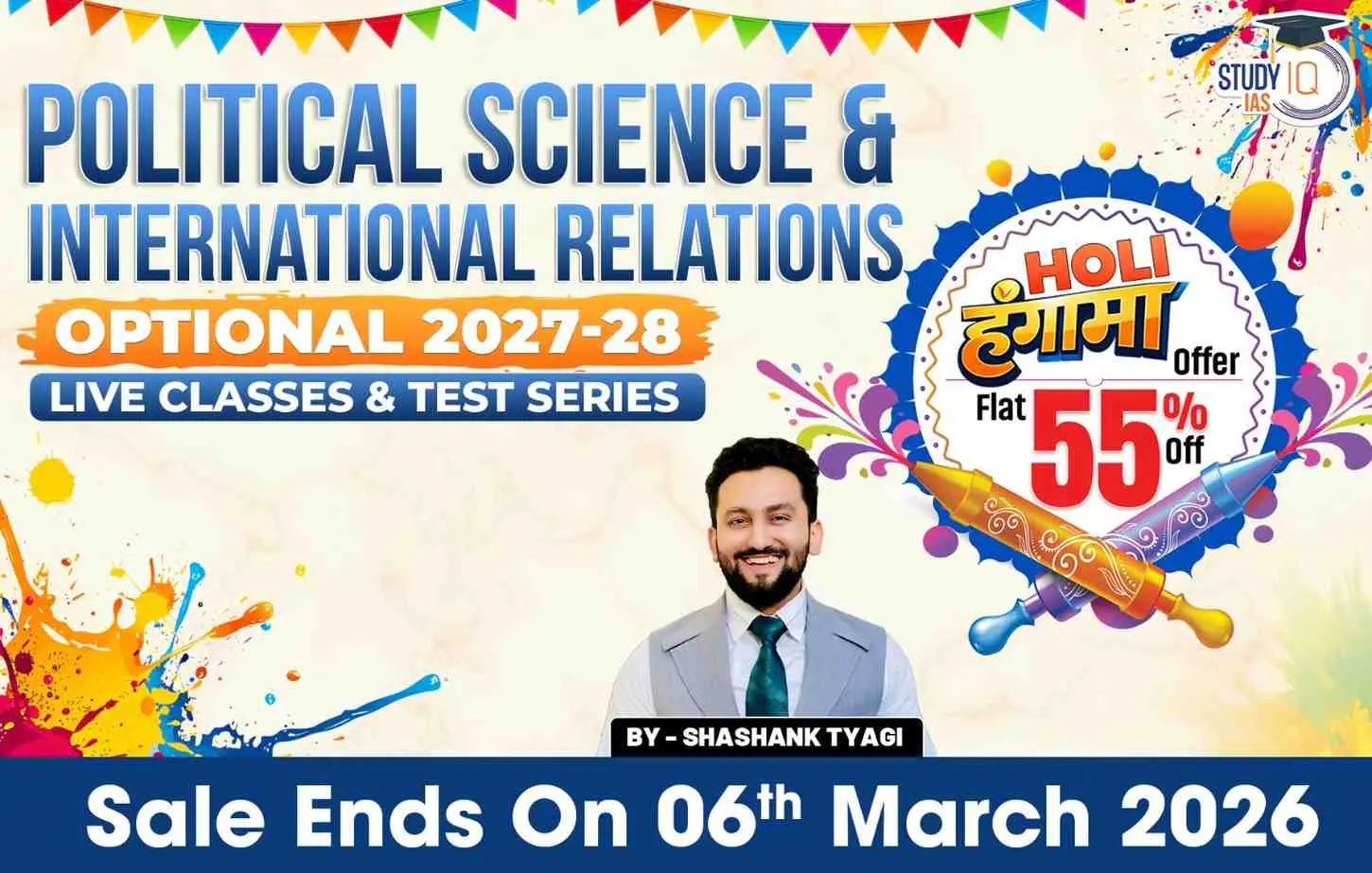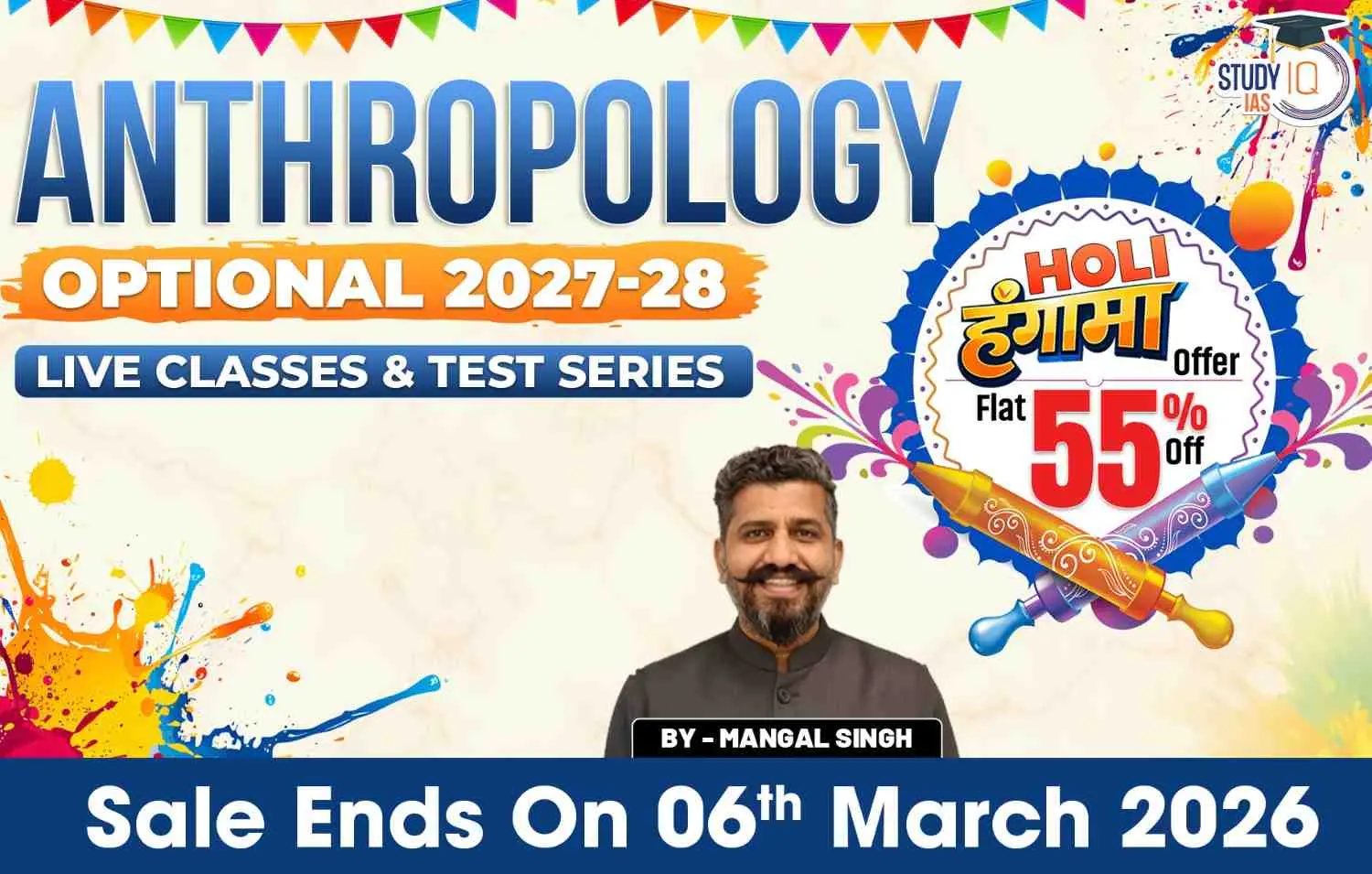Table of Contents
Context: Recently, the European Commission, led by President Ursula von der Leyen, visited New Delhi.
Areas Of Cooperation between India And EU
Historical Ties
- Diplomatic relations were established in 1962 with the European Economic Community.
- Upgraded to a Strategic Partnership in 2004 at the 5th India-EU Summit.
Institutional Cooperation
- 15 India-EU Summits have been held so far, first in 2000 (Lisbon).
- India-EU Strategic Partnership: Roadmap to 2025, adopted in 2020.
- India-EU Trade and Technology Council (TTC) was established in 2022, focusing on trade, technology, and security.
Trade & Investments
- EU is India’s largest trading partner in goods.
- Bilateral trade (FY 2023-24):
- Goods: $135 billion (Exports: $76B, Imports: $59B).
- Services: $53 billion (Exports: $30B, Imports: $23B).
- EU FDI in India (April 2000 – Sept 2024): $117.4 billion (16.6% of total FDI).
- Indian FDI in the EU: $40.04 billion (April 2000 – March 2024).
- Ongoing Free Trade Agreement (FTA) negotiations.
Technology Cooperation
- Science & Technology Cooperation Agreement (2007).
- India-EU Intent of Cooperation in High-Performance Computing (HPC) (2022).
- Semiconductor R&D MoU signed in 2023.
- EU participation in the Global Partnership on AI Summit (2023).
Green Energy Collaboration
- India-EU Green Hydrogen Cooperation Initiative.
- India was the exclusive partner at the European Hydrogen Week (2024).
- European Investment Bank pledged €1 billion for India’s hydrogen projects.
People-to-People Ties
- 20% of EU Blue Cards (2023-24) issued to Indian professionals.
- 6,000+ Erasmus scholarships awarded to Indian students in 20 years.
- 2,700+ Indian researchers funded under Marie Sklodowska-Curie Actions.
Defence & Security
- Maritime security cooperation under the ESIWA+ programme.
- First joint naval exercise (2023) in the Gulf of Guinea.
- Collaboration on global security, piracy, counterterrorism, and disaster relief.
Space Cooperation
- ISRO launched EU’s PROBA-3 mission (Dec 2024).
- ISRO-ESA cooperation in Chandrayaan-3 and Aditya-L1 missions.
- Signed MoU for Gaganyaan mission cooperation.
Challenges in India-EU Relations
Carbon Border Adjustment Mechanism (CBAM)
- The EU’s carbon tax on imports from high-emission industries (like steel) has raised concerns for India, which views it as a trade barrier.
- This could impact 0.05% of India’s GDP (Centre for Science and Environment).
General Data Protection Regulation (GDPR)
- India’s data protection laws differ significantly from the EU’s stringent GDPR framework, affecting cross-border data flows.
- India’s demand for data localization and digital sovereignty has created friction with the EU’s open internet policies.
Prolonged FTA Negotiations
- Differences on digital regulations, bilateral investment treaties, dispute resolution mechanisms, and investor protection have delayed the Free Trade Agreement (FTA).
- The Bilateral Trade and Investment Agreement (BTIA) negotiations (2007-2013) remained dormant until 2021.
Divergences in Geopolitical Perspectives
- Ukraine Conflict: The EU has strongly opposed Russia’s invasion of Ukraine, while India has maintained a neutral stance due to its energy and defense ties with Russia. This divergence affects strategic trust.
- China Policy Differences: While both India and the EU view China’s rise with caution, the EU’s economic engagement with China remains significant, creating a strategic gap in Indo-Pacific cooperation.
Defense and Security Cooperation Limits
- Unlike India’s deep defense ties with the US, France, and Russia, EU-India defense cooperation remains underdeveloped due to the EU’s decentralized defense policies.
- Maritime Security Gaps: While the EU has increased its presence in the Indo-Pacific, it lacks a unified defence policy, making security cooperation with India less effective.
Visa and Mobility Restrictions
- The EU’s restrictive visa policies for Indian professionals, especially under the Blue Card scheme, limit mobility despite India’s skilled workforce demand in Europe.
- While scholarships like Erasmus exist, bureaucratic hurdles often deter Indian students from studying in EU countries.
Lack of Cohesion in EU Policies
The EU operates as a bloc of 27 member states, each with its own policies. India often finds it easier to engage bilaterally with key European nations (France, Germany) rather than with the EU as a whole.
Ethical Disparities
- Divergences on labour laws, human rights, and environmental standards create hurdles for EU investments in India.
-
- Eg., India’s strategic autonomy, such as restrictions on Amnesty International, has also been a point of contention.
Way Forward for Strengthening India-EU Relations
- Fast-Track FTA Negotiations: Both sides should resolve differences on digital regulations, investment protection, and trade barriers to finalize the Free Trade Agreement (FTA) for boosting economic ties.
- Enhance Green & Technology Cooperation: Strengthening collaboration in renewable energy, green hydrogen, and high-tech sectors can align with the EU’s sustainability goals and India’s technological ambitions.
- Deepen Security & Maritime Collaboration: Expanding joint naval exercises and structured defense dialogues can enhance India-EU cooperation in the Indo-Pacific.
- Facilitate Talent & Mobility Exchange: Simplifying visa rules under the EU Blue Card scheme and improving work-study opportunities for Indian professionals and students can strengthen people-to-people ties.
- Strengthen Bilateral Engagements Within the EU: While engaging with the EU as a bloc, India should deepen strategic partnerships with key EU nations like France and Germany to accelerate trade and investment cooperation.

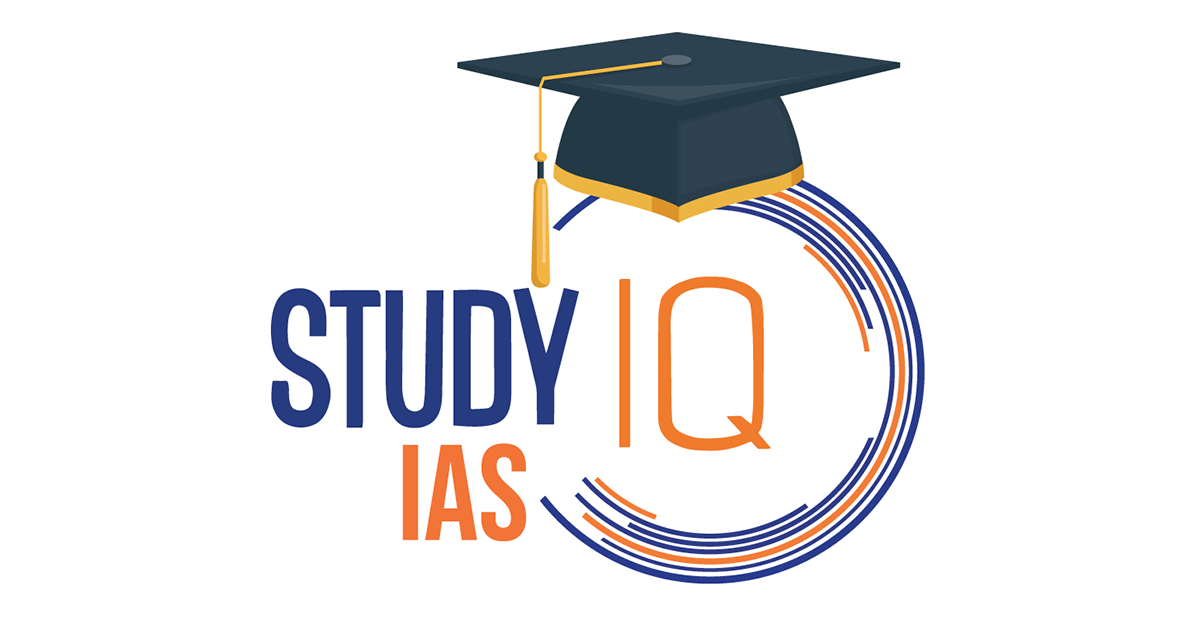
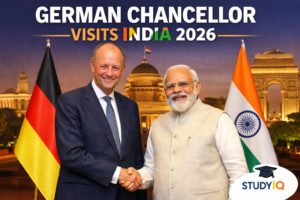 German Chancellor Visit to India in 2026...
German Chancellor Visit to India in 2026...
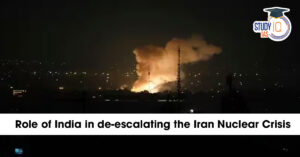 Iran Nuclear Crisis and India’s Role f...
Iran Nuclear Crisis and India’s Role f...
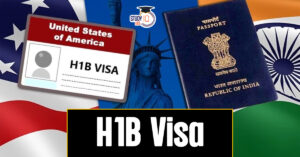 H1B Visa Program, Beneficiaries, Eligibi...
H1B Visa Program, Beneficiaries, Eligibi...
